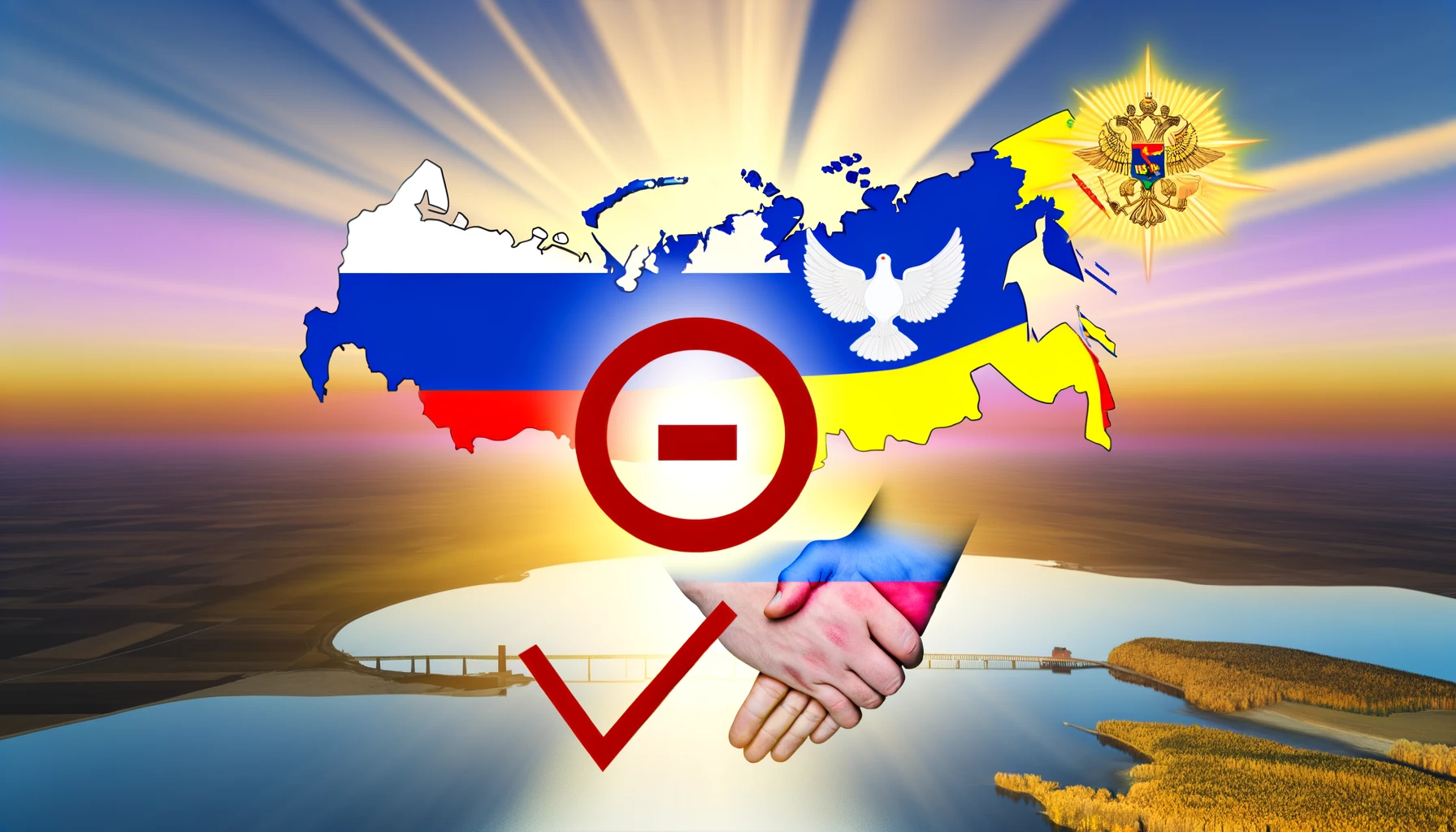Russia will NOT annex Transnistria
Written 25 March 2014

Many Western journalists have put out articles claiming that Russia may annex Transnistria, a small sliver of land in Moldova. This tiny entity fought a war to break away from Moldova in 1992 for fear that they would be incorporated into Romania — Moldovans speak Romanian and the country was in fact part of Romania before World War II. Anybody who can look at a map will be able to realize how unlikely these fears are. They were brought up in a discussion with commander of NATO forces in Europe, General Philip Breedlove. In it he said that Russian forces have the capability “to run to Transdniestria if the decision was made to do that.”
Let me first point out that Gen. Breedlove is only talking about capabilities. As far as capabilities go, Russia could annex all of Ukraine, but that is not gong to happen. Furthermore, what the general was talking about is not an invasion of Transnistria, but a full-scale invasion of Ukraine which would reach the border with Transnistria. If Russia were to do that, why not annex Odessa and Donetsk as well? The point is that the major focus of what he was trying to convey was with regard to Ukraine, not just Transnistria. Nevertheless, I will still outline some reasons why Russia will not annex Transnistria.
Geography
This is pretty self-evident and I have already described it: in order to get to Transnistria you have to go through Ukraine. Not only does that make Transnistria hard to reach from Russia, it also makes it difficult to defend. If Moldova and Romania launch an offensive to retake Transnistria, how will Russia defend it when Ukraine is still not conquered? Furthermore, the country is very thin and does not have any natural barriers besides the Dniester river. That means that it is operationally unfeasible for Russia to try to defend the country.
Russia does not need to annex
Transnistria is already essentially a client state to Russia which votes in the country’s elections and has allowed Russian troops to stay within the country. The former President, Igor Smirnov, made frequent visits to Russia and continued Soviet traditions within the entity, causing some observers to note that Transnistria is a land stuck in Soviet times. Furthermore, the 60% Russian-Ukrainian population is enough to ensure that it does not become part of Moldova and remains Russian-aligned. The Transnistrian army is also quite substantial for such a small country, making it capable of defending itself for at least a period of time.
The country is not Russian
Nor is it Moldovan or Ukrainian. The truth is that it is a mix of the three nationalities, each making up about 30% of the population. How would Ukrainians in Transnistria react if their country is annexed by Russia? The current president, Yevgeny Shevchuk, is Ukrainian. That in itself does not mean much, but the fact that he was elected as a reform candidate means that the people of Transnistria are not as amenable to Russian influence as might be suggested. Furthermore, it is unlikely that the Transnistria parliament will make a vote to join Russia like Crimea did. As a matter of fact, it is more likely that Ukraine will annex Transnistria before Russia ever does, considering that they actually share a border. Of course, that too is very unlikely.
—
I have outlined some basic reasons why Russia will not try to annex Transnistria. The prospect of Russian annexation of Abkhazia and South Ossetia is mentioned less often by the media, perhaps because it is less mysterious — we got a taste of it in 2008 after all. While this is also not very likely to happen, it is much more worthy of discussion than the Transnistrian situation is. The Russian annexation of Crimea did not only cause reactions in the West, but also among post-Soviet countries, including Belarus — often regarded as a puppet by commentators in the West — who voiced concern over the Russian moves. The situation is much more complex than suggested by the media.